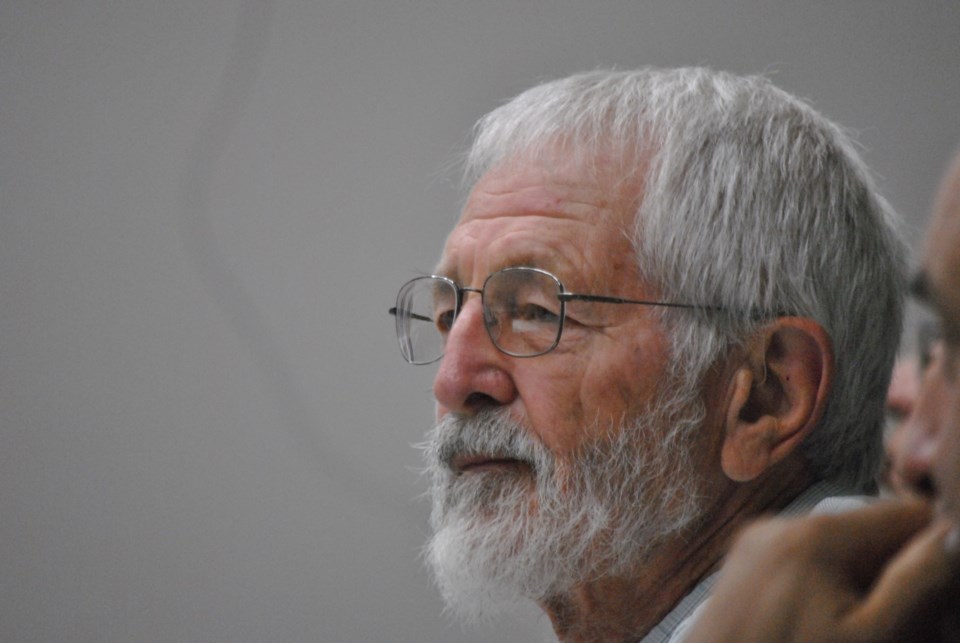BARRHEAD - Who would be responsible for paying the firefighting costs on County of Barrhead land if leased out to a third party?
That was a question County of Barrhead councillors posed as part of a discussion on approving a three-year grazing lease for $45,750, or $15,250 annually to Brian Koberstein, during the Aug. 19 council meeting.
The land, which the county co-owns with the Town of Barrhead, is currently leased for $10,100 annually; however, the lease is set to expire on Oct. 31. In 2002, the municipalities approved a joint resolution stating that the county would administer the grazing lease.
In addition to the annual payment, leaseholders of the approximately 316-acre property, on two quarters between Range Roads 43 and 44 directly west of the landfill, are also responsible for paying property taxes to the municipality, currently estimated at $400 per year.
According to the lease agreement, the property can sustain roughly 200 animal units per month. An animal unit is defined as a beef cow with or without a nursing calf, with a daily intake requirement of 26 pounds of dry matter forage.
County manager Debbie Oyarzun said in June, the municipality informed the town that they intended to put the grazing lease up for tender.
The county received four bids, ranging from $4,800 to Koberstein's winning bid of $15,250.
However, Oyarzun said council did not necessarily have to accept the highest bid, noting they were free to select whomever they wished, but that under the circumstances, administration recommended they choose the highest bidder.
Coun. Walter Preugschas asked, in the case of a wildfire, who would be responsible for the firefighting costs.
He added that typically, under the municipality's Fire Protection Service Charges Policy, the landowner is responsible for paying for the first $3,000 of firefighting costs.
Preugschas noted that the lease agreement stipulates the lessee must maintain a $2 million personal liability insurance policy.
"Does that cover fire?" he asked. "If it isn't, perhaps we should make sure having fire insurance is part of the agreement."
Oyarzun said fire insurance is separate from liability insurance.
She added that if a fire were to occur on the property, the municipality would be solely responsible for the firefighting costs, as covered by its insurance policy.
Oyarzun added that if council wanted to explore the potential of having lessees of the property, they would have to wait until the agreement came up for tender again in three years.
"Because they put their bid in, without the need to pay for the extra [insurance premium]," she said.
Coun. Paul Properzi asked if the lessees of the property were allowed to burn.
Oyarzun said no.
"They are not to make any modifications. It is just a grazing lease. You assess the land's capacity to support the livestock being put on it. You can't change waterways or anything else without written permission," she said.
Reeve Doug Drozd said the most likely cause for a wildland fire in the area would be from the Barrhead Regional Landfill.
"That falls on us to make sure we have the proper coverage. If a spark jumps the road, we can't blame the grazer," he said.
Barry Kerton, TownandCountryToday.com



